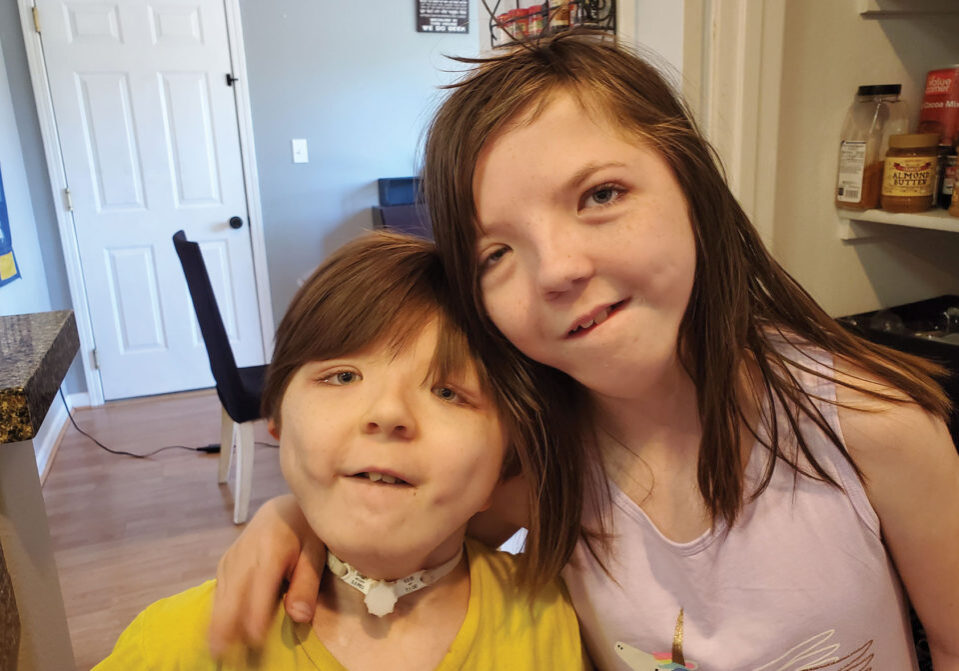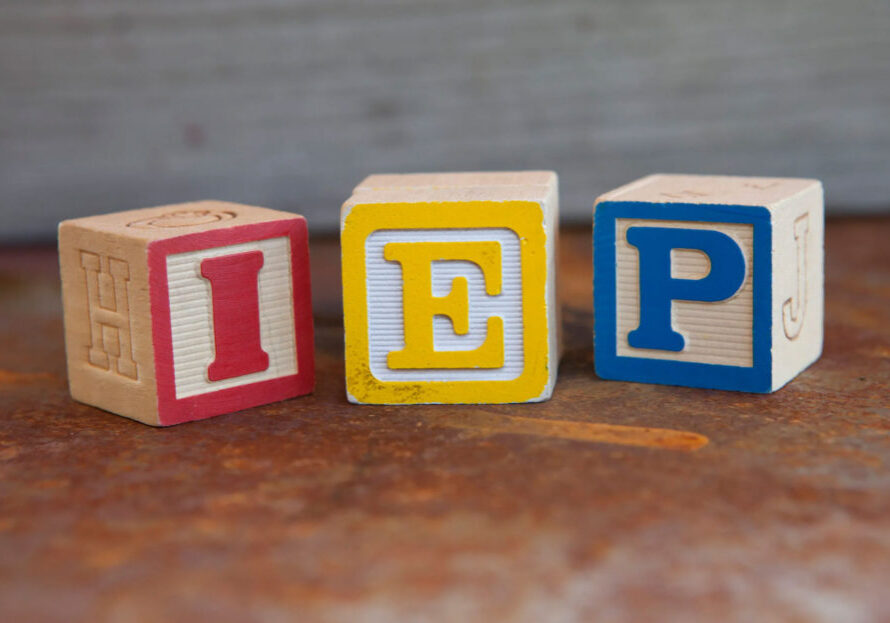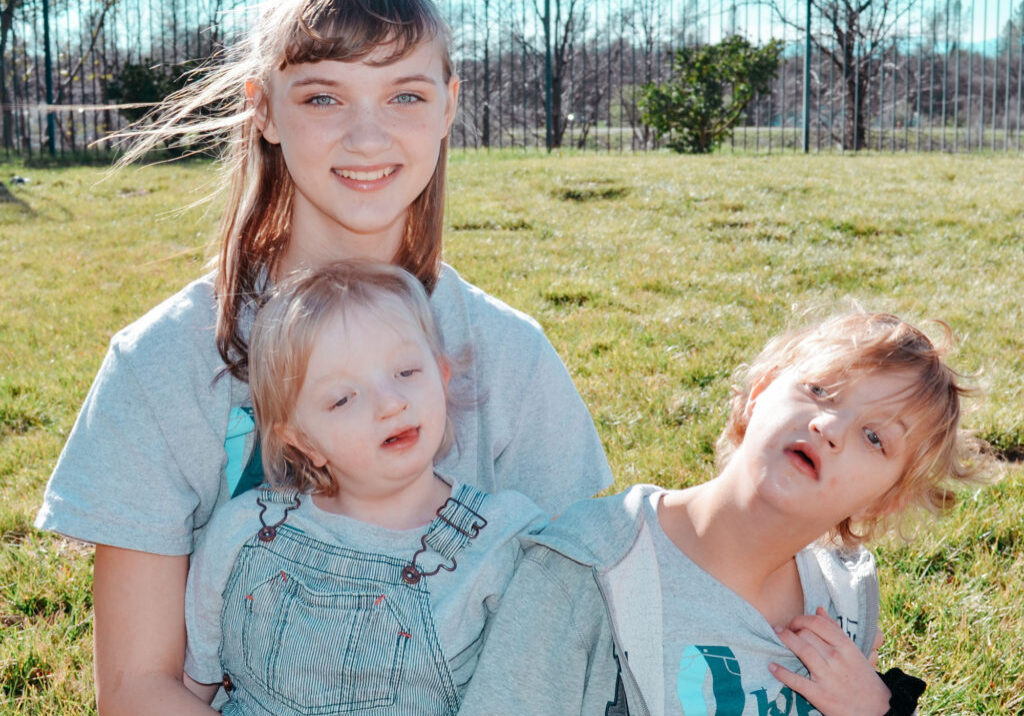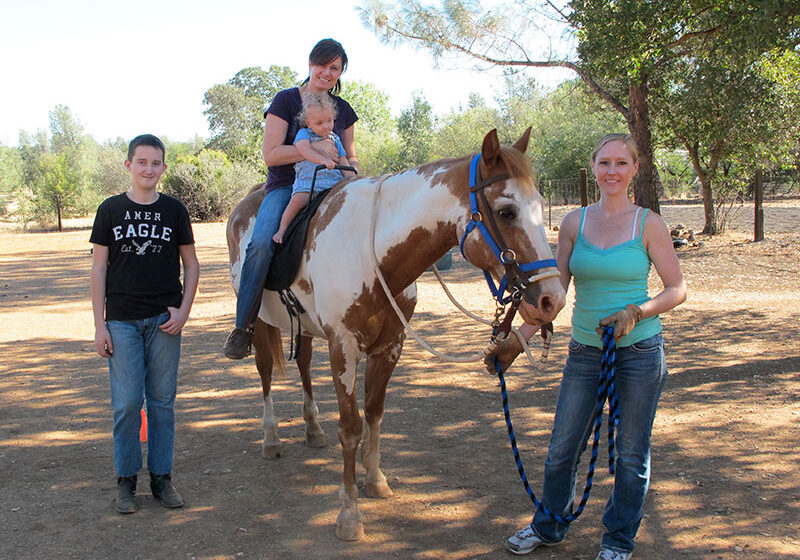We live in a beautifully diverse world where our children will encounter people of all cultures, races, family structures, and abilities. Teaching them about inclusion early on is crucial, and teaching them how to have positive interactions with their special-needs peers is equally important.
In their lifetime, they will meet people who have: learning disabilities, physical disabilities; people with vision and hearing impairments, people with facial differences, and a host of other conditions that make them unique.
Help your kids become more compassionate adults
Helping your children understand that their disabled peers have more in common with them than differences is a great way to start. Raising kids in a disability-positive environment can be challenging, but it will help your kids become more tolerant, accepting, and compassionate adults.
Help them realize that everyone is different
Let’s be honest. Kids notice EVERYTHING. As they begin to recognize differences in others, it’s important to emphasize that there is nothing wrong with looking or behaving differently. Explain that differences make the world a more exciting and unique place. It’s especially vital to teach them that differences aren’t something to be afraid of. The goal is to help them realize that everyone is different, and those differences should be celebrated; they’re not a reason to be scared or avoid someone.
For young children, books and media that shine a positive light on disabilities are great teaching tools to learn about diversity and inclusion. Many mainstream television shows are starting to include characters who have autism, use wheelchairs and other mobility aids, and have conditions such as Cerebral Palsy and Down syndrome. Often, children will make a positive connection between a book they read or a show they watched and a child they meet who has similar issues.
Finding common ground can be empowering
Encourage your kids to look for things they have in common with their peers, whether they have special needs or not. It’s important to teach kids to look for something they can relate to in others, rather than focusing on things that make them different. Finding some sort of common ground can be empowering for everybody and strengthens interactions between children. Encourage your child to seek strengths in his classmates and to respect each person for who they are
Look for a teaching opportunity and start a conversation
Some conversations happen randomly as your child observes people with disabilities in their classroom or out in the community. Kids ask blunt, sometimes embarrassing questions. Address the situation and use it as a teaching opportunity to start a conversation with the person they’re asking about.
Allowing them to see you having positive interactions with people of various abilities teaches them that differences are nothing to be afraid of. As tempting as it may be to pull your child away or hush them when they ask blunt questions or make really loud observations, as kids tend to do, it will send the wrong message that they should avoid interacting with people who have noticeable differences.
Kids model their parent’s behavior
It’s also important to discuss this topic with them outside of those random moments. It’s important to use clear, age-appropriate, respectful language when talking about someone with disabilities. Kids model their parents’ behavior, so if they see you responding positively and naturally in your interactions with people who have special needs, they will follow suit.
Teach them not to assume
One issue that children with special needs face is the presumption of competence or other assumptions about their disability — not only by adults but their peers as well. For example, some children may assume that their non-verbal classmate is incapable of meaningful communication. They might think that their peers with limited mobility wouldn’t enjoy sports or physical activity. Some kids quickly lose patience with those who don’t learn as quickly as them, assuming they are incapable of understanding certain games or activities.
It’s always better to ask — patience goes a long way
The fact is that all kids want to be accepted by their peers, regardless of ability. Some just require special accommodations to be able to engage or participate in class or other activities. If your child isn’t sure what a classmate or friend needs to participate, encourage them to ask a teacher or adult who knows the child how to best assist and accommodate them. It’s always better to ask than to make incorrect assumptions and leave people out.
Patience goes a long way toward fostering friendships and including others. If your child understands that some kids may take longer to grasp a concept because of a disability, it will be easier for them to display patience if they move slower or take longer to understand something.
There was a quote from an unknown author floating around social media recently that stated, “Presuming that a nonverbal child has nothing to say is like presuming an adult without a car has nowhere to go.”
Most people who are non-verbal have other ways to communicate, such as assistive technology, Picture Exchange Communication System (PECS). It’s important to let your child know that even though someone is non-verbal doesn’t mean they can’t understand what’s being said to them.
If your child knows someone who is non-verbal, let them know it’s ok to engage in conversation.
Always encourage questions
Always encourage questions. Parents of children with special needs are typically receptive to questions from others, especially children. These questions allow them to educate others and create awareness of what makes their child unique. It doesn’t have to be complicated; usually, just saying, “Hello” is all you need to open the door to conversation.
Posted in: Special Needs
Comment Policy: All viewpoints are welcome, but comments should remain relevant. Personal attacks, profanity, and aggressive behavior are not allowed. No spam, advertising, or promoting of products/services. Please, only use your real name and limit the amount of links submitted in your comment.
You Might Also Like...

Could Your Child’s Reading Difficulty be Dyslexia?
Children learn to read at their own pace, but if your child is struggling to make significant progress compared to their peers, it may be possible they have a reading […]

A Retreat for those with Facial Differences
Craniofacial conditions affect around 600,000 Americans Approximately 600,000 people in the United States live with a craniofacial condition or facial difference. That 600,000 includes two of my children and me. […]

What to Do if Your Child’s IEP Isn’t Being Followed
If you are a parent of a child with special needs, you most likely know what an Individualized Educational Plan (IEP) is. For those who aren’t familiar with the term, […]

Rare Genes Day – Raising Awareness in the North State
Rare Disease Day — also known as Rare Genes Day — is a globally coordinated movement that takes place around the last day of February, and will be celebrated with […]



